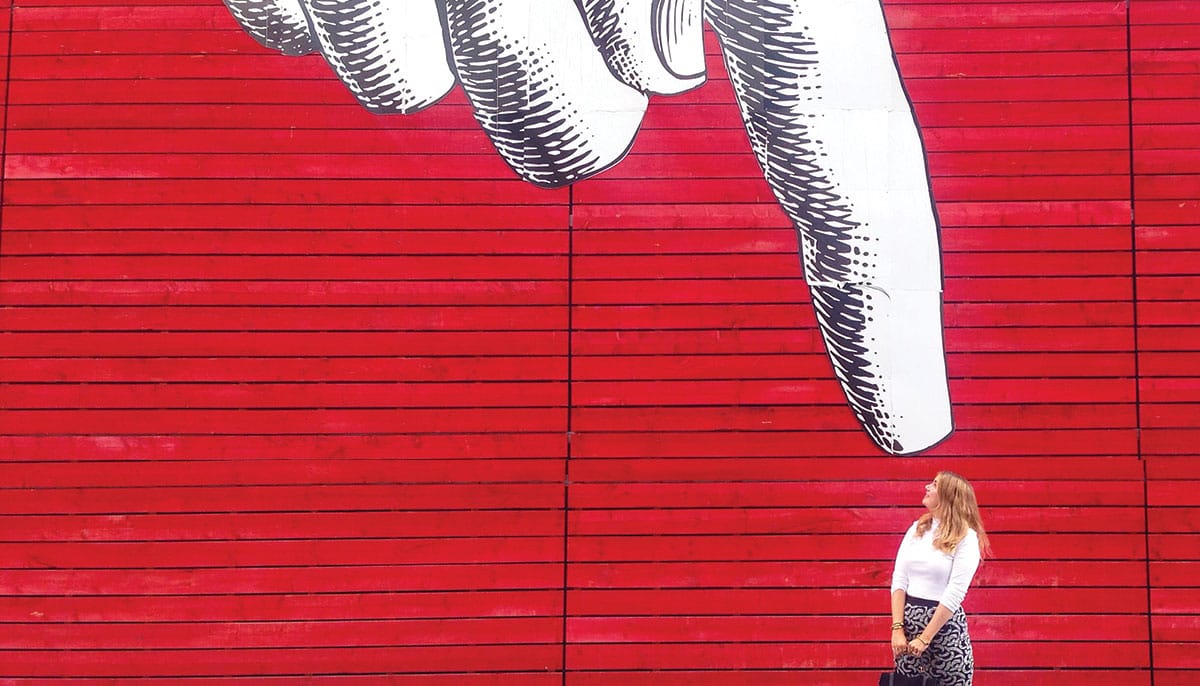Question: A recent issue of Lion’s Roar said, “If you want to know your past karma, look at the state of your life now. And if you want to know your future karma, look at the state of your mind now.” I found it upsetting to read this. I’ve suffered terrible trauma in my life and I feel like you’re blaming it on me. Does Buddhism really teach that I’m responsible for the actions of my abusers?
Answer: Karma is both very simple and very complex. Like all Buddhist teachings, it’s taught not to discourage students but to inspire them to go forward. At its simplest, its logic is threefold: What’s your situation? How did you get here? What are you going to do about it?
The idea of karma is easily distorted. People sometimes use a fatalistic interpretation of karma to justify oppressive hierarchies like the caste system, or they use it as an excuse to blame people for their own misfortunes, rather than trying to help them.
When the idea that one’s current situation is the result of one’s past actions is joined with a blame–punishment mentality, it’s a deadly combination. In the cancer retreats I lead each year, I see the pain this kind of approach causes. Instead of “What can I do to help?” cancer patients report that they hear things like “You must have brought this on yourself. Maybe you repressed your anger and that gave you a tumor. Or maybe you drank too much coffee!”
By understanding karma, we can free ourselves from its entrapment.
Karma is actually an intricate web of interconnection among all beings—in fact, all phenomena. It’s the impersonal play of cause and effect, which is ongoing, inexorable, and completely dispassionate. The reality of karma cannot be escaped. Each thing we do has consequences. We’re responsible for our own actions, and our state of mind definitely matters.
Yet we don’t operate in a vacuum, and we find ourselves in situations largely shaped by forces outside ourselves. The causes and conditions that have brought us to our current situation are complex, even unfathomable, and we can’t do anything about that; it’s our inherited karma. But that inheritance doesn’t prevent us from making choices now that can have a positive impact on the future.
So karma isn’t based on blame and punishment, and it’s not fatalistic. By understanding karma, we can free ourselves from its entrapment. We can find a way forward that’s grounded in the reality of our personal situation.

